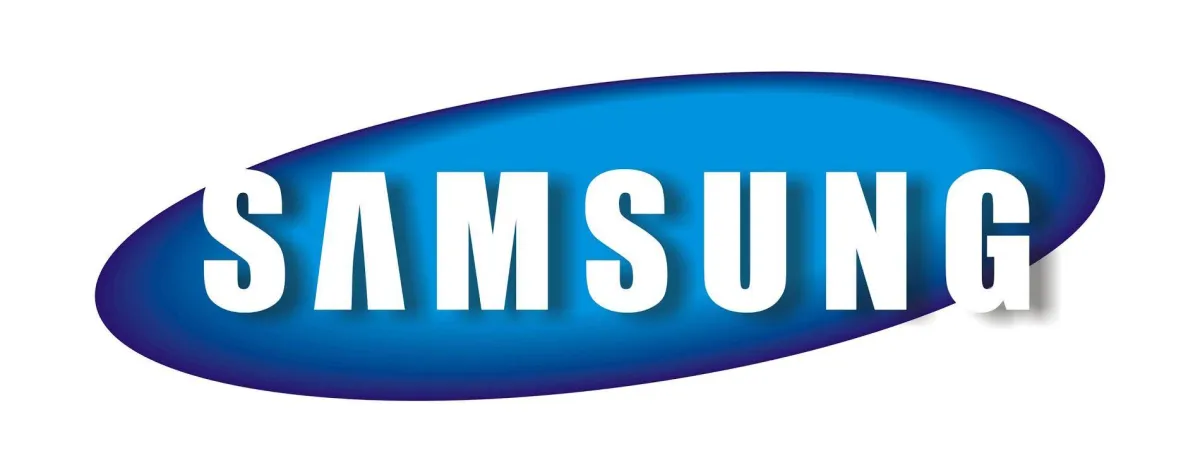THE FASTEST TOOLS IN TOWN
ZIP APPLIANCE REPAIR & SERVICE
Phone: (559) 272-4265
Phone: (559) 272-4265
Washer Repair in Clovis, CA - ZIP Appliance Repair
Expert Washer Repair Services - Quick, Reliable, and Local

Welcome to ZIP Appliance Repair, your leading provider of washer repair services in Clovis, CA. We understand the importance of having a fully functional washing machine in your home—whether you're dealing with mountains of family laundry or the weekly wash. Our expert technicians are equipped to handle a wide range of washer issues, ensuring that your appliance runs smoothly with minimal downtime. Trust us to provide efficient, reliable washer repair services tailored to meet your needs.
If your washer has been giving you problems, contact Zip Appliance Repair & Service at (559) 272-4265
Why Choose Us?
At ZIP Appliance Repair, we are committed to providing exceptional washer repair services to the Clovis community. Our team of certified technicians is skilled in handling a variety of brands, including market leaders like Samsung and LG. We pride ourselves on our rapid response times, ensuring that your washer issues are resolved quickly and effectively, minimizing any inconvenience to your daily routine. Our steadfast commitment to customer satisfaction and our ability to deliver reliable, high-quality repairs make us your best choice for washer maintenance and repair services in Clovis, CA.
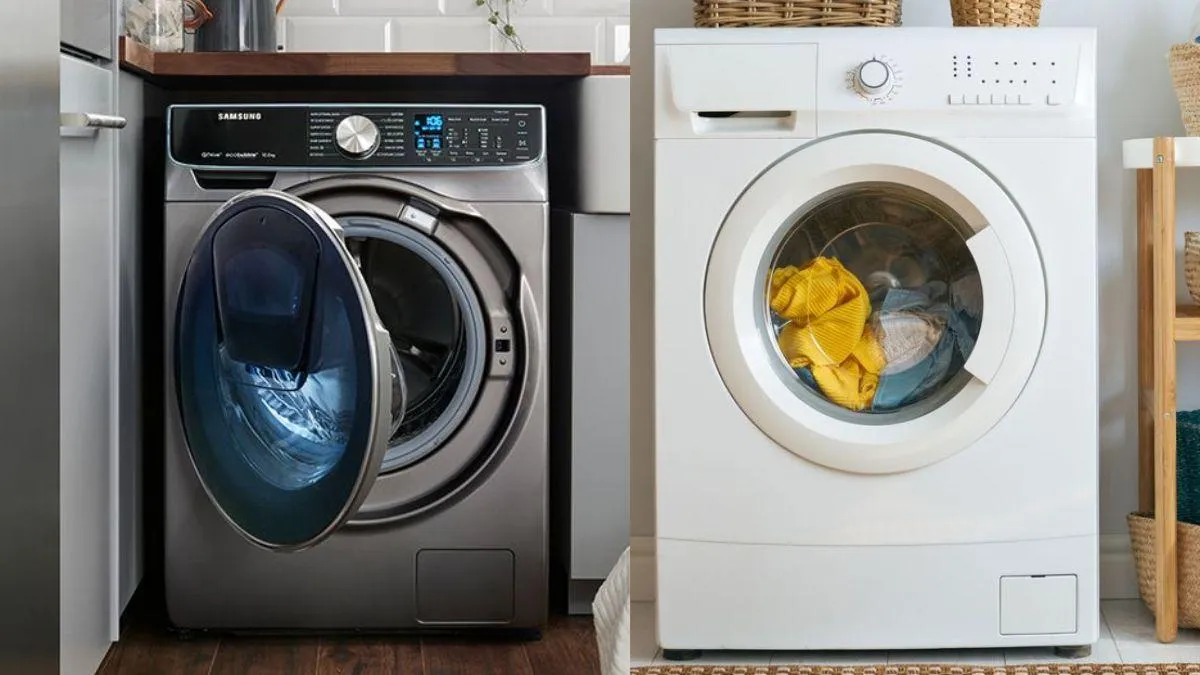
Common Washer Problems We Fix
At ZIP Appliance Repair, we address a range of common washer issues that can disrupt your daily life. Here are some of the frequent problems we encounter and resolve:
Leaking Water: Whether it's a faulty hose or a seal issue, we quickly identify and fix leaks to prevent water damage and restore your washer's functionality.
Excessive Noise: Loud noises often indicate worn-out bearings or unbalanced drums. Our technicians can effectively quiet your machine.
Failure to Start: We troubleshoot power issues, faulty timers, or broken switches to get your washer running again.
Inadequate Draining: Slow or non-draining washers can be a hassle. We clean clogged filters and repair drain pumps efficiently.
Unusual Odors: We clean and maintain washer interiors to eliminate mold, mildew, and other causes of unpleasant smells.
Trust our skilled team to extend the life of your appliance with professional, thorough repairs.
Our Repair Services In Clovis, CA
At ZIP Appliance Repair, we provide comprehensive washer repair services designed to address every possible malfunction. Our process begins with a thorough diagnostic to accurately identify the problem. We then explain the issue and our proposed solution to you, ensuring transparency and understanding. Our repairs include replacing worn or faulty components with high-quality parts, adjusting settings for optimal performance, and conducting final tests to guarantee your washer operates as expected. Whether it’s a simple fix or a complex repair, our goal is to ensure your washing machine's longevity and efficiency.
Zip Appliance Repair & Service in Clovis, CA is the Best Team For the Job
Our expertise in washer repair extends to a wide range of brands, ensuring that no matter the make or model of your washing machine, ZIP Appliance Repair has you covered. We specialize in servicing popular brands such as Samsung and LG, known for their innovative and complex technologies. Additionally, we are skilled in repairing washers from Maytag, renowned for their high-end appliances. Our technicians stay updated with the latest repair techniques and technology, guaranteeing effective solutions for all your washer repair needs in Clovis, CA.
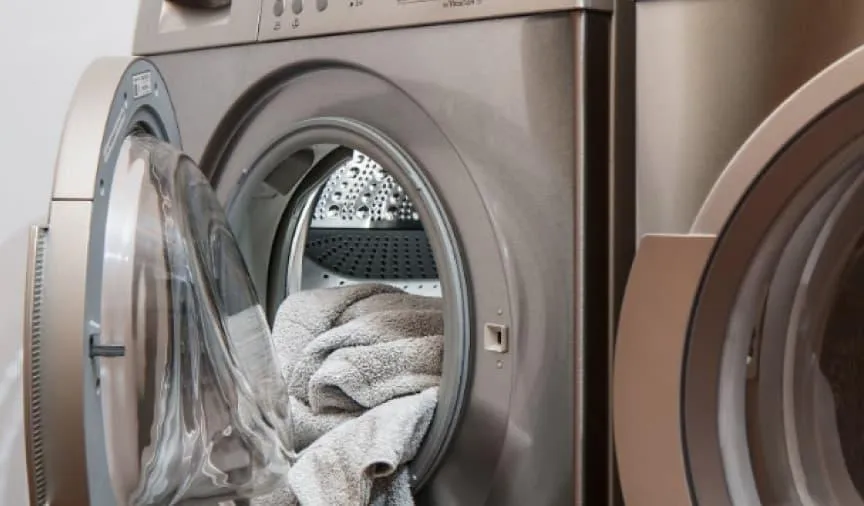
Repairing a refrigerator in your Clovis, CA home is a great idea. Don't just replace the refrigerator without knowing if it can be fixed. Call Zip Appliance Repair & Service today at (559) 272-4265 about a refrigerator repair.
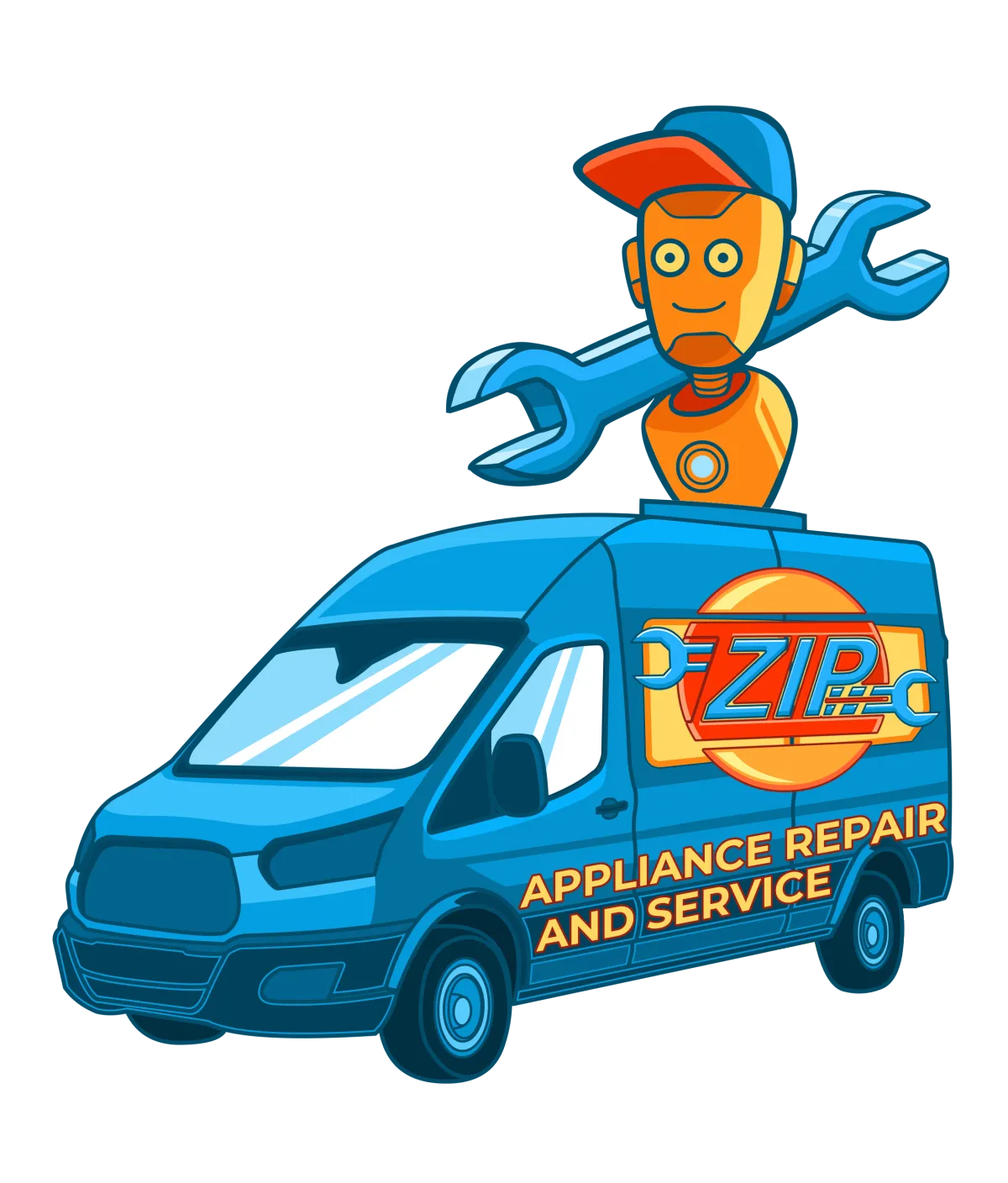
Washer Repair In A Zip
If you need a washer repair call our Team at (559) 272-4265, or visit our online scheduling page to request service.
Appliance Repair
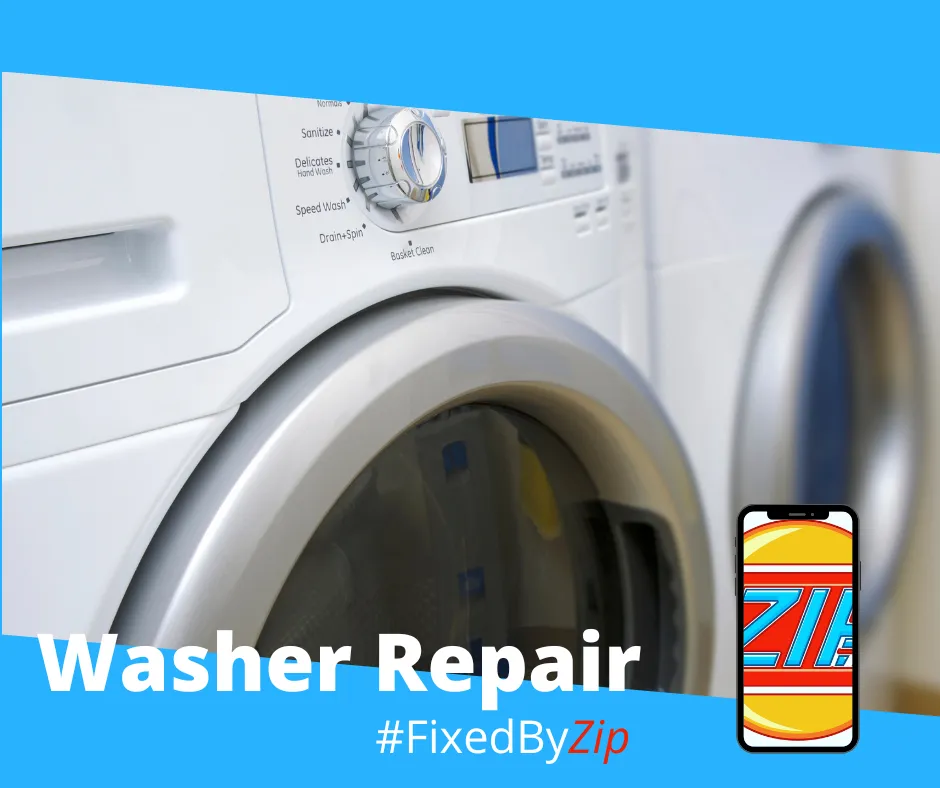
HAVE A QUESTION, CALL (559) 272-4265
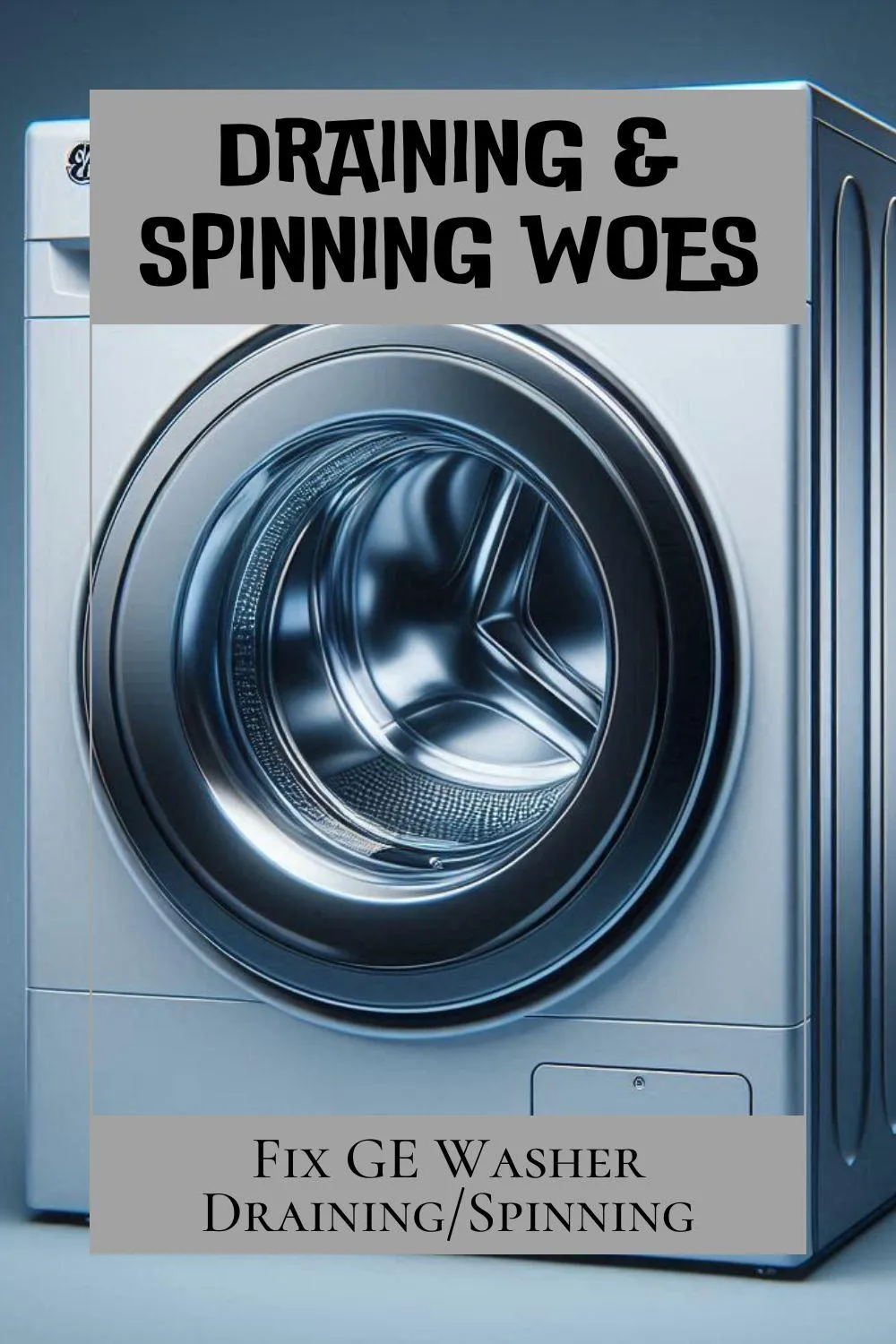
Troubleshoot Your GE Washer: Draining & Spinning Woes
“Mastering the art of troubleshooting your GE washer's draining and spinning issues is the key to restoring peace and efficiency to your laundry routine.” - Appliance Boss
Introduction:
Your GE washer is more than just an appliance; it's a crucial part of your household routine. In this guide, we'll delve into the intricacies of troubleshooting common issues that may arise with your GE washer, empowering you to keep it running smoothly.
Understanding the Importance of a Well-Functioning Washer
A malfunctioning washer can disrupt your entire routine, causing inconvenience and frustration. From ensuring your clothes are clean and fresh to maintaining the efficiency of your laundry process, a well-functioning washer is essential for a smoothly running household.

Overview of Common Draining and Spinning Issues
Draining and spinning issues are among the most common problems encountered with washers. Understanding the root causes of these issues is the first step towards effective troubleshooting and resolution.
Understanding Your GE Washer
Overview of GE Washer Models
GE offers a range of washer models, each with its own set of features and specifications. Familiarizing yourself with the specific model you own will help you better understand its functionality and potential issues.
Components of a GE Washer: Understanding the Basics
From the drum to the control panel, your GE washer is comprised of various components that work together to facilitate the washing process. Understanding these basic components is essential for troubleshooting purposes.
Identifying the Drainage and Spinning Systems
The drainage and spinning systems are integral to the proper functioning of your washer. Knowing how these systems operate and identifying any potential issues will help you address problems effectively.
Common Symptoms of Draining and Spinning Issues
Washer Fails to Drain Completely
One of the most obvious signs of a draining issue is when your washer fails to drain completely after a wash cycle. This may result in standing water in the drum, which can lead to mold and mildew growth if left unaddressed.
Standing Water in the Drum
Standing water in the drum is not only unsightly but also a breeding ground for bacteria and odors. It's important to address this issue promptly to prevent further complications.
Error Codes Displayed on the Control Panel
Many modern washers, including GE models, are equipped with error code displays to indicate potential issues. Pay attention to these error codes as they can provide valuable insight into the source of the problem.
Washer Fails to Spin
If your washer fails to spin properly, your clothes may remain soaked after the cycle, requiring additional drying time. This can be frustrating and inconvenient, especially if you're pressed for time.
Clothes Remain Soaked After the Cycle
The primary purpose of the spin cycle is to remove excess water from your clothes, allowing them to dry more quickly. If your clothes remain soaked after the cycle, it's indicative of a spinning issue that needs to be addressed.
Unusual Noises During Spin Cycle
Unusual noises during the spin cycle, such as grinding or banging sounds, may indicate mechanical problems within the washer. These noises should be investigated promptly to prevent further damage.
Causes of Draining Issues
Clogged Drain Hose
A clogged drain hose is a common cause of draining issues in washers. Debris such as lint, hair, and foreign objects can accumulate in the hose over time, obstructing the flow of water.
Identifying and Clearing Blockages
To address a clogged drain hose, you'll need to identify the location of the blockage and clear it using appropriate tools and techniques. This may involve disconnecting the hose and manually removing the debris.
Faulty Drain Pump
The drain pump is responsible for removing water from the washer during the draining process. A malfunctioning pump can impede the drainage process, leading to standing water in the drum.
Signs of a Malfunctioning Pump
Signs of a faulty drain pump include unusual noises during the draining cycle, slow or ineffective drainage, and error codes indicating pump failure. If you suspect an issue with the drain pump, it may need to be replaced.
Replacing the Drain Pump
Replacing a faulty drain pump requires some technical expertise and may involve accessing the internal components of the washer. If you're unsure how to proceed, it's best to consult a professional technician for assistance.
Causes of Spinning Issues
Imbalanced Load
An imbalanced load can disrupt the spinning process, causing the washer to shake or vibrate excessively. Properly loading the washer and redistributing the laundry can help alleviate this issue.
Tips for Properly Loading the Washer
To avoid imbalanced loads, distribute laundry evenly around the drum and avoid overloading the washer. Be mindful of the weight and size of the items you're washing to prevent strain on the machine.
Worn or Broken Drive Belt
The drive belt is responsible for transmitting power from the motor to the drum, facilitating the spinning process. A worn or broken belt can cause the drum to spin erratically or not at all.
Symptoms of a Faulty Drive Belt
Symptoms of a faulty drive belt include squealing or grinding noises during the spin cycle, as well as visible wear or damage to the belt itself. If you suspect a problem with the drive belt, it should be inspected and replaced if necessary.
Replacing the Drive Belt
Replacing a worn or broken drive belt requires accessing the internal components of the washer and may require some disassembly. If you're not comfortable performing this task yourself, it's best to seek professional assistance.
Troubleshooting Draining Issues
Cleaning the Drain Filter
The drain filter helps prevent debris from entering the drain pump and causing blockages. Over time, the filter may become clogged with lint, hair, and other debris, impeding the drainage process.
Step-by-Step Guide to Accessing and Cleaning the Filter
To clean the drain filter, you'll need to locate it on your washer and remove any covers or panels blocking access. Once exposed, carefully remove the filter and clean it thoroughly using water and a soft brush or cloth.
Checking the Drain Hose
Inspecting the drain hose for kinks, twists, or blockages is another important step in troubleshooting draining issues. Even a small obstruction can impede the flow of water and cause drainage problems.
Inspecting for Kinks and Blockages
Carefully examine the entire length of the drain hose, paying close attention to bends, twists, and areas where it connects to other components. If you encounter any kinks or blockages, gently straighten or remove them to restore proper drainage.
Replacing a Damaged Hose
If the drain hose is damaged beyond repair, it will need to be replaced. Replacement hoses are readily available from appliance stores or online retailers and can usually be installed without professional assistance.
Troubleshooting Spinning Issues
Balancing the Load
Balancing the load evenly around the drum is essential for smooth and efficient spinning. Unevenly distributed laundry can cause the washer to vibrate excessively and may lead to spinning problems.
Techniques for Distributing Laundry Evenly
When loading the washer, distribute heavy and lightweight items evenly around the drum to prevent imbalance. Avoid overcrowding the washer and leave ample space for the laundry to move freely during the spin cycle.
Inspecting the Drive Belt
A worn or broken drive belt can disrupt the spinning process, preventing the drum from rotating properly. Inspecting the drive belt for signs of wear or damage is essential for diagnosing spinning issues.
Visual Inspection for Wear and Tear
Carefully examine the drive belt for signs of wear, such as fraying, cracking, or stretching. If the belt appears damaged or worn, it should be replaced to restore proper functionality to the washer.
Replacing a Worn Drive Belt
Replacing the drive belt involves accessing the internal components of the washer and removing the old belt before installing a new one. If you're not comfortable performing this task yourself, it's best to seek professional assistance.
Advanced Troubleshooting Techniques
Checking for Electrical Issues
Electrical problems can also contribute to washer issues, including draining and spinning problems. Testing the electrical components of the washer can help identify and resolve these issues.
Testing the Lid Switch
The lid switch is a safety feature that prevents the washer from spinning when the lid is open. If the switch is faulty or malfunctioning, it may prevent the washer from spinning properly.
Verifying Power Supply to the Washer
Ensuring that the washer is receiving adequate power is essential for proper functioning. Verify that the power cord is securely plugged in and that the outlet is supplying power to the washer.
Testing the Motor
The motor is responsible for driving the spinning and agitation cycles of the washer. Testing the motor can help determine if it's functioning properly or if it needs to be replaced.
Signs of a Faulty Motor
Signs of a faulty motor include failure to start, unusual noises during operation, and overheating. If you suspect an issue with the motor, it should be inspected and tested by a qualified technician.
Steps for Motor Testing
Motor testing involves using a multimeter to measure voltage and continuity at various points in the motor circuit. This can help identify any issues with the motor or its associated components.
Professional Help vs. DIY Repair
Knowing When to Call a Technician
While many washer issues can be resolved with DIY repair, there are times when it's best to seek professional assistance. Knowing when to call a technician can save you time, money, and frustration.
Cost Considerations for Repairs
Before deciding whether to repair or replace your washer, consider the cost of repairs compared to the cost of a new appliance. In some cases, it may be more cost-effective to invest in a new washer rather than repairing an old one.
Safety Precautions for DIY Repairs
If you choose to perform DIY repairs on your washer, it's important to take appropriate safety precautions to prevent injury or damage. Always disconnect the power supply and follow manufacturer guidelines when working on your washer.
Preventative Maintenance Tips
Regular Cleaning and Maintenance Routine
Preventative maintenance is key to keeping your washer running smoothly and avoiding costly repairs. Establishing a regular cleaning and maintenance routine will help extend the lifespan of your appliance and prevent issues from arising.
Tips for Extending the Lifespan of Your GE Washer
In addition to regular cleaning and maintenance, there are several steps you can take to extend the lifespan of your GE washer. These include avoiding overloading the washer, using the appropriate detergent and settings, and addressing issues promptly.
Conclusion
Recap of Troubleshooting Steps
Troubleshooting your GE washer's draining and spinning issues can seem daunting, but armed with the right knowledge and techniques, you can tackle these problems with confidence. By following the steps outlined in this guide, you'll be well-equipped to identify and address issues as they arise, keeping your washer running smoothly for years to come.
Final Tips for a Smooth-Running Washer
In addition to troubleshooting tips, we've provided some final advice for maintaining a smooth-running washer. From preventative maintenance to knowing when to seek professional help, these tips will help ensure that your GE washer remains in optimal condition.
Empowering You to Tackle Your GE Washer Woes
Our goal is to empower you with the knowledge and resources you need to troubleshoot and resolve issues with your GE washer. With a little time and effort, you can keep your washer running smoothly and enjoy clean, fresh laundry whenever you need it. For professional assistance or repairs beyond your expertise, remember that Zip Appliance Repair and Service is here to help. Visit our website at fresno.ziprepairservice.com or contact us at (559) 272-4265 for expert assistance with your appliance needs.

© 2025 ZIP APPLIANCE REPAIR & SERVICE LLC










